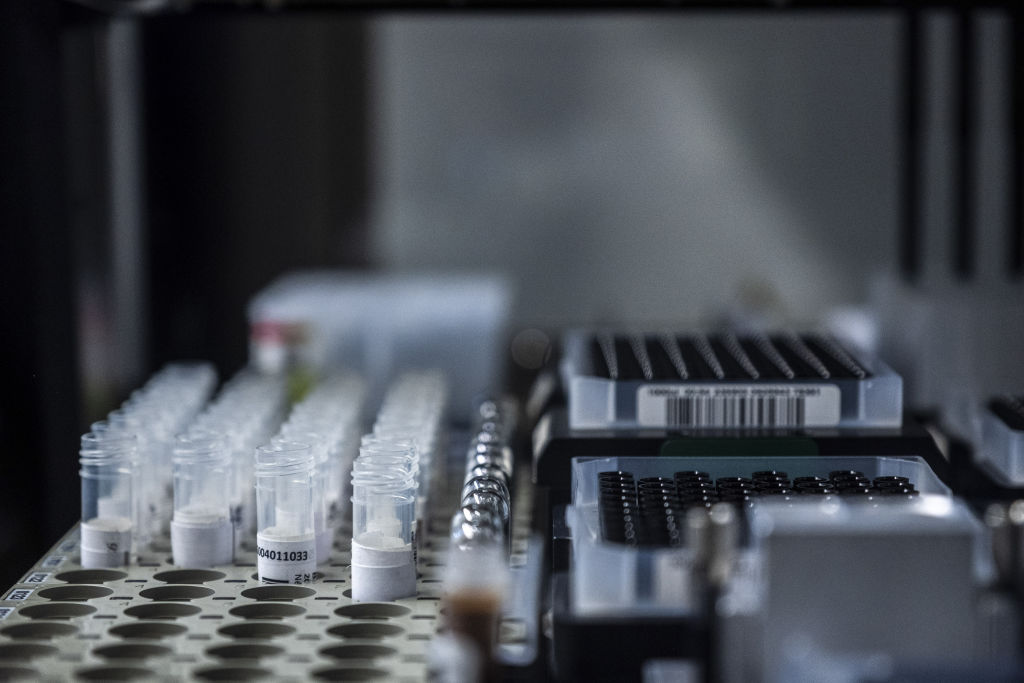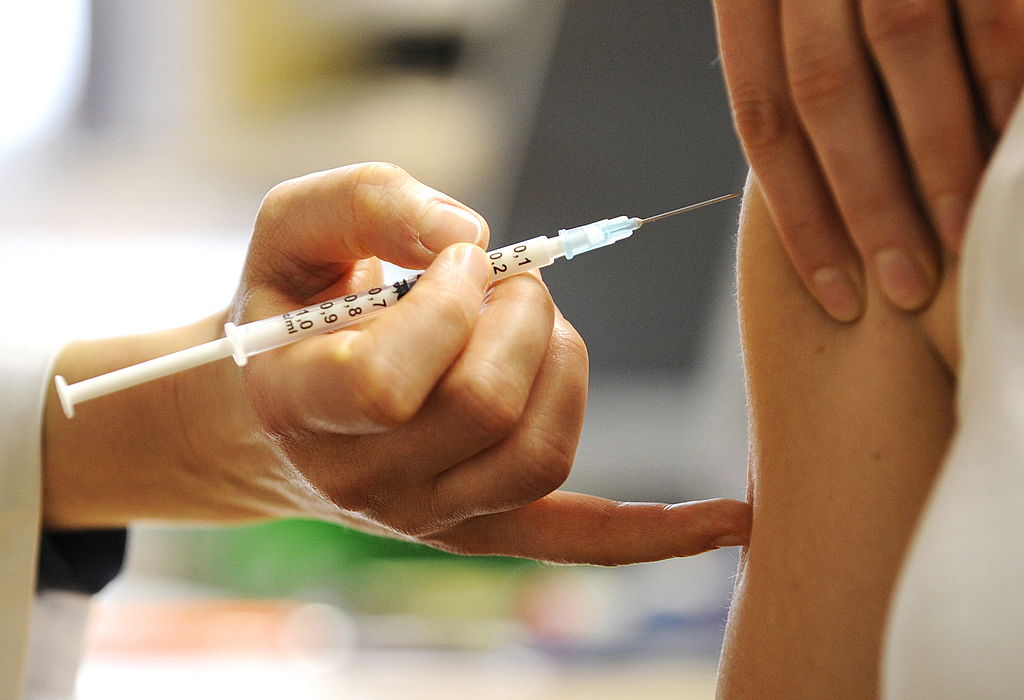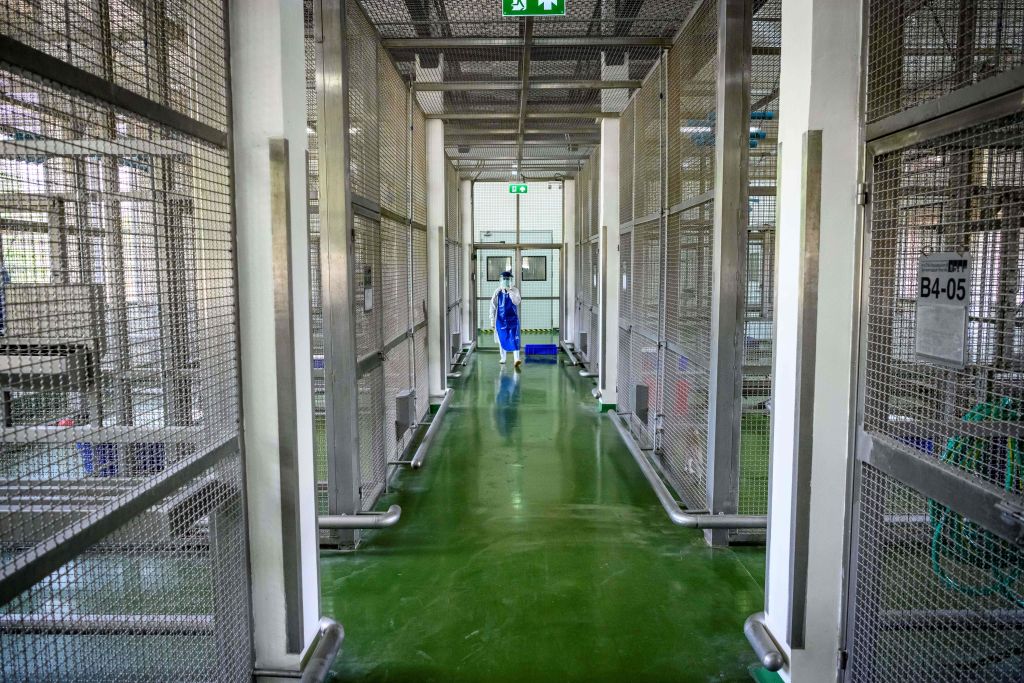The way the Covid-19 crisis ends is with vaccines — not a vaccine.
Some of us might end up getting a shot of a more traditional vaccine, while others might get vaccines based on emerging technologies http://trib.al/bdJDtjC ">https://trib.al/bdJDtjC&q...
Some of us might end up getting a shot of a more traditional vaccine, while others might get vaccines based on emerging technologies http://trib.al/bdJDtjC ">https://trib.al/bdJDtjC&q...
Emerging vaccines use synthetic versions of the virus’s genetic code.
 https://abs.twimg.com/emoji/v2/... draggable="false" alt="💉" title="Syringe" aria-label="Emoji: Syringe">Moderna’s vaccine had promising human trials
https://abs.twimg.com/emoji/v2/... draggable="false" alt="💉" title="Syringe" aria-label="Emoji: Syringe">Moderna’s vaccine had promising human trials
 https://abs.twimg.com/emoji/v2/... draggable="false" alt="💉" title="Syringe" aria-label="Emoji: Syringe">Oxford University’s vaccine worked in monkeys
https://abs.twimg.com/emoji/v2/... draggable="false" alt="💉" title="Syringe" aria-label="Emoji: Syringe">Oxford University’s vaccine worked in monkeys
Both made headlines, though critics warn the evidence is preliminary http://trib.al/bdJDtjC ">https://trib.al/bdJDtjC&q...
Both made headlines, though critics warn the evidence is preliminary http://trib.al/bdJDtjC ">https://trib.al/bdJDtjC&q...
Scientists have created more than 70 vaccine candidates so far, including Merck& #39;s.
“If we end up with two, three, or four vaccines, that’s good, since we have seven billion people,” says Harvard vaccine researcher Dan Barouch http://trib.al/bdJDtjC ">https://trib.al/bdJDtjC&q...
“If we end up with two, three, or four vaccines, that’s good, since we have seven billion people,” says Harvard vaccine researcher Dan Barouch http://trib.al/bdJDtjC ">https://trib.al/bdJDtjC&q...
In the end, some vaccines might be extremely effective but harder to scale; others the opposite.
Even a less-effective vaccine might provide herd immunity. Other vaccines might be more appropriate for health care workers, who risk exposure on the job http://trib.al/bdJDtjC ">https://trib.al/bdJDtjC&q...
Even a less-effective vaccine might provide herd immunity. Other vaccines might be more appropriate for health care workers, who risk exposure on the job http://trib.al/bdJDtjC ">https://trib.al/bdJDtjC&q...
“For Covid-19, it’s clear most humans who get infected recover … that alone shows the human immune system can eliminate the virus,” he says. That makes it a much easier target than, say, HIV http://trib.al/bdJDtjC ">https://trib.al/bdJDtjC&q...
So how do vaccines work? All vaccines have to provide a danger signal to “prime” the immune system into acting against an invader.
Next, the vaccine has to mimic the invader in order to get the body to create antibodies that target the enemy http://trib.al/bdJDtjC ">https://trib.al/bdJDtjC&q...
Next, the vaccine has to mimic the invader in order to get the body to create antibodies that target the enemy http://trib.al/bdJDtjC ">https://trib.al/bdJDtjC&q...
Vaccine designers using genetic material (DNA or RNA, the single-stranded cousin of DNA) have to stimulate the immune system enough to generate those antibodies, but not so much that the immune system destroys the vaccine before it can complete its mission http://trib.al/bdJDtjC ">https://trib.al/bdJDtjC&q...
The excitement surrounding Moderna’s RNA-based vaccine followed the release of data from a trial that involved 45 humans.
Out of eight volunteers, all produced antibodies with the desired “neutralizing” property needed to attack the virus in the future http://trib.al/bdJDtjC ">https://trib.al/bdJDtjC&q...
Out of eight volunteers, all produced antibodies with the desired “neutralizing” property needed to attack the virus in the future http://trib.al/bdJDtjC ">https://trib.al/bdJDtjC&q...
A similar concept is behind DNA vaccines. DNA vaccines are already in early human trials, including candidates developed by:
 https://abs.twimg.com/emoji/v2/... draggable="false" alt="🧬" title="DNA" aria-label="Emoji: DNA">Oxford University
https://abs.twimg.com/emoji/v2/... draggable="false" alt="🧬" title="DNA" aria-label="Emoji: DNA">Oxford University
 https://abs.twimg.com/emoji/v2/... draggable="false" alt="🧬" title="DNA" aria-label="Emoji: DNA">Johnson & Johnson
https://abs.twimg.com/emoji/v2/... draggable="false" alt="🧬" title="DNA" aria-label="Emoji: DNA">Johnson & Johnson
 https://abs.twimg.com/emoji/v2/... draggable="false" alt="🧬" title="DNA" aria-label="Emoji: DNA">CanSino Biologics
https://abs.twimg.com/emoji/v2/... draggable="false" alt="🧬" title="DNA" aria-label="Emoji: DNA">CanSino Biologics
http://trib.al/bdJDtjC ">https://trib.al/bdJDtjC&q...
http://trib.al/bdJDtjC ">https://trib.al/bdJDtjC&q...
All the novel vaccines work through the same well-established scientific principles, and are very likely to be safe.
Still, it’s well-known that vaccines don’t work as well in the elderly and immunocompromised http://trib.al/bdJDtjC ">https://trib.al/bdJDtjC&q...
Still, it’s well-known that vaccines don’t work as well in the elderly and immunocompromised http://trib.al/bdJDtjC ">https://trib.al/bdJDtjC&q...
Imperfect vaccines could still eradicate the virus through herd immunity but only if the bulk of the population gets vaccinated.
Once the technical hurdles are overcome, there will be social hurdles — there& #39;s already anti-vaxxer resistance http://trib.al/bdJDtjC ">https://trib.al/bdJDtjC&q...
Once the technical hurdles are overcome, there will be social hurdles — there& #39;s already anti-vaxxer resistance http://trib.al/bdJDtjC ">https://trib.al/bdJDtjC&q...
The competitive nature of science has changed. Everyone understands how much is at stake in terms of lives and economic damage.
Right now, we need all the ideas we can get http://trib.al/bdJDtjC ">https://trib.al/bdJDtjC&q...
Right now, we need all the ideas we can get http://trib.al/bdJDtjC ">https://trib.al/bdJDtjC&q...
Interested in receiving real-time updates on the coronavirus vaccine?
 https://abs.twimg.com/emoji/v2/... draggable="false" alt="✉️" title="Envelope" aria-label="Emoji: Envelope"> Sign up for alerts from @business: https://trib.al/qLEudXo ">https://trib.al/qLEudXo&q...
https://abs.twimg.com/emoji/v2/... draggable="false" alt="✉️" title="Envelope" aria-label="Emoji: Envelope"> Sign up for alerts from @business: https://trib.al/qLEudXo ">https://trib.al/qLEudXo&q...

 Read on Twitter
Read on Twitter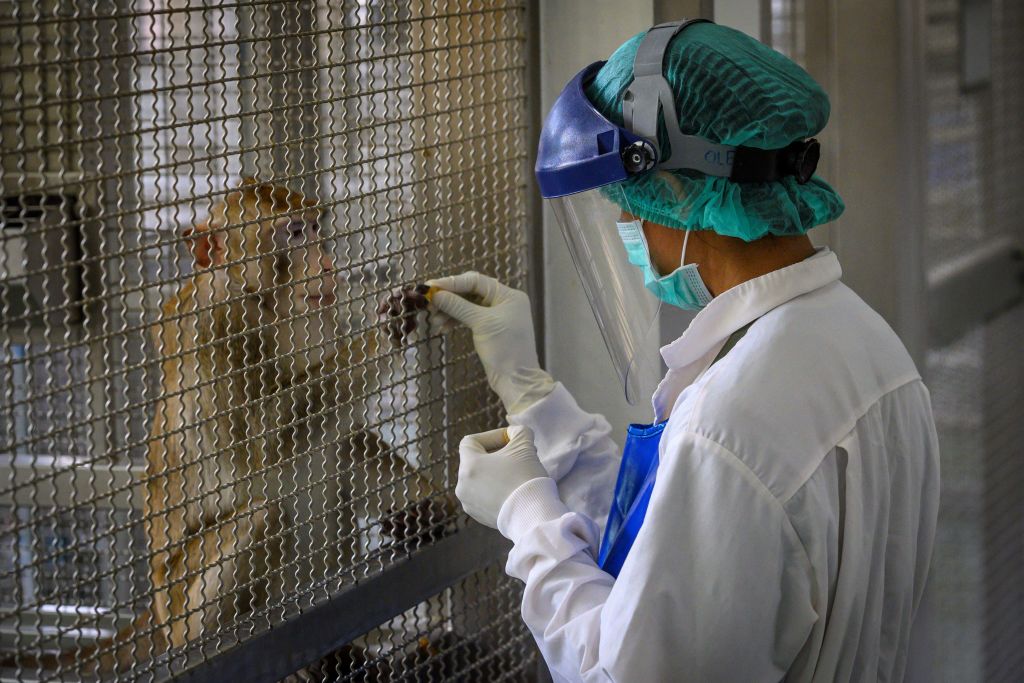 Moderna’s vaccine had promising human trialshttps://abs.twimg.com/emoji/v2/... draggable="false" alt="💉" title="Syringe" aria-label="Emoji: Syringe">Oxford University’s vaccine worked in monkeysBoth made headlines, though critics warn the evidence is preliminary https://trib.al/bdJDtjC&q..." title="Emerging vaccines use synthetic versions of the virus’s genetic code.https://abs.twimg.com/emoji/v2/... draggable="false" alt="💉" title="Syringe" aria-label="Emoji: Syringe">Moderna’s vaccine had promising human trialshttps://abs.twimg.com/emoji/v2/... draggable="false" alt="💉" title="Syringe" aria-label="Emoji: Syringe">Oxford University’s vaccine worked in monkeysBoth made headlines, though critics warn the evidence is preliminary https://trib.al/bdJDtjC&q..." class="img-responsive" style="max-width:100%;"/>
Moderna’s vaccine had promising human trialshttps://abs.twimg.com/emoji/v2/... draggable="false" alt="💉" title="Syringe" aria-label="Emoji: Syringe">Oxford University’s vaccine worked in monkeysBoth made headlines, though critics warn the evidence is preliminary https://trib.al/bdJDtjC&q..." title="Emerging vaccines use synthetic versions of the virus’s genetic code.https://abs.twimg.com/emoji/v2/... draggable="false" alt="💉" title="Syringe" aria-label="Emoji: Syringe">Moderna’s vaccine had promising human trialshttps://abs.twimg.com/emoji/v2/... draggable="false" alt="💉" title="Syringe" aria-label="Emoji: Syringe">Oxford University’s vaccine worked in monkeysBoth made headlines, though critics warn the evidence is preliminary https://trib.al/bdJDtjC&q..." class="img-responsive" style="max-width:100%;"/>
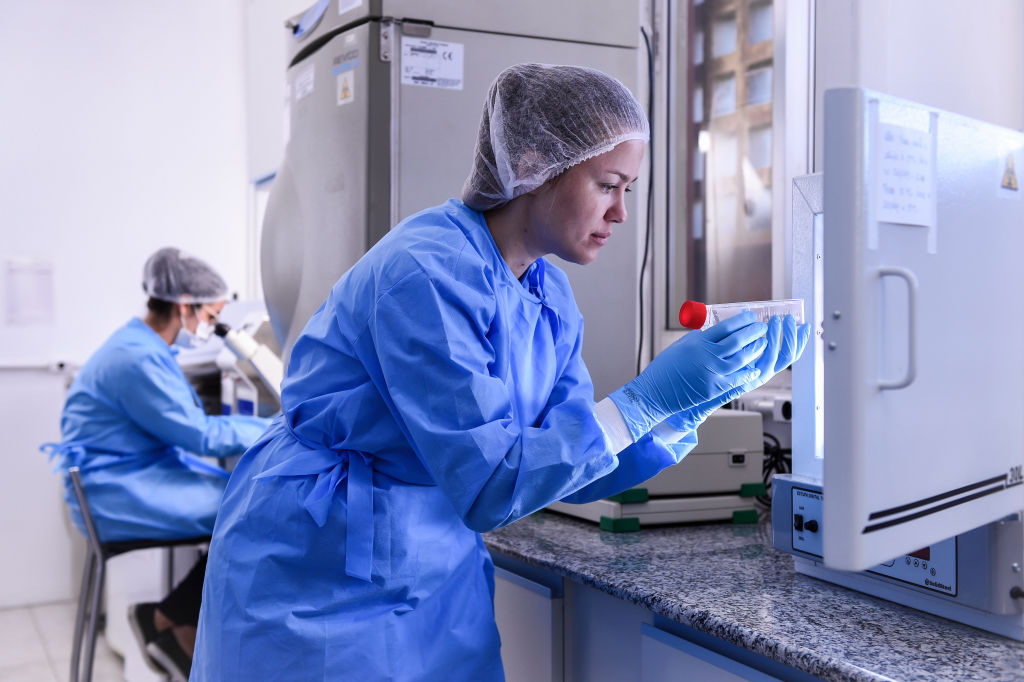
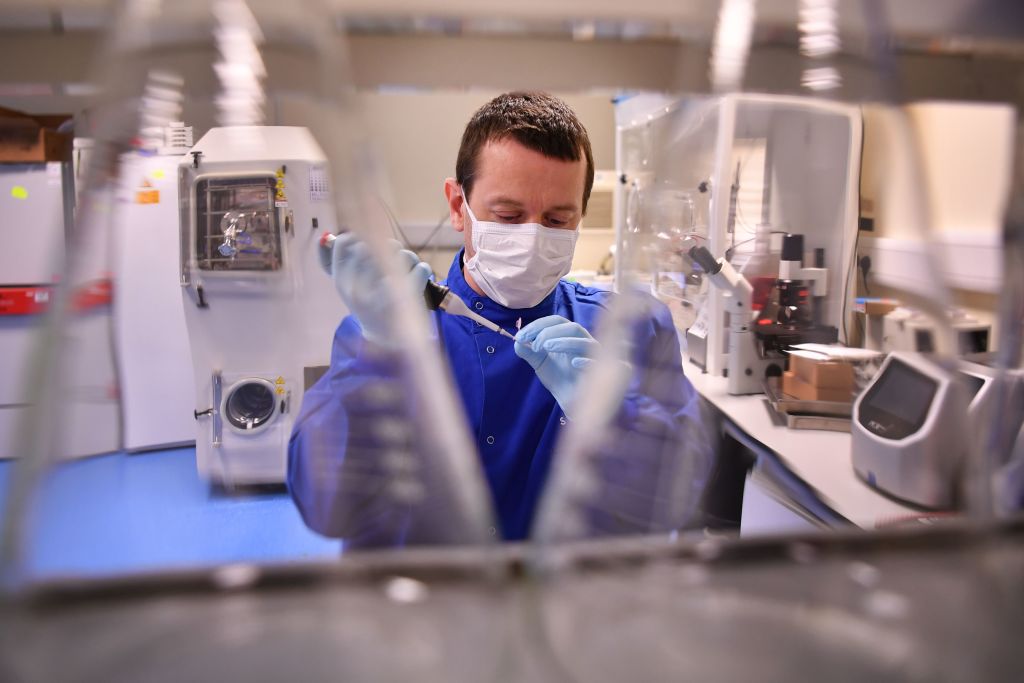
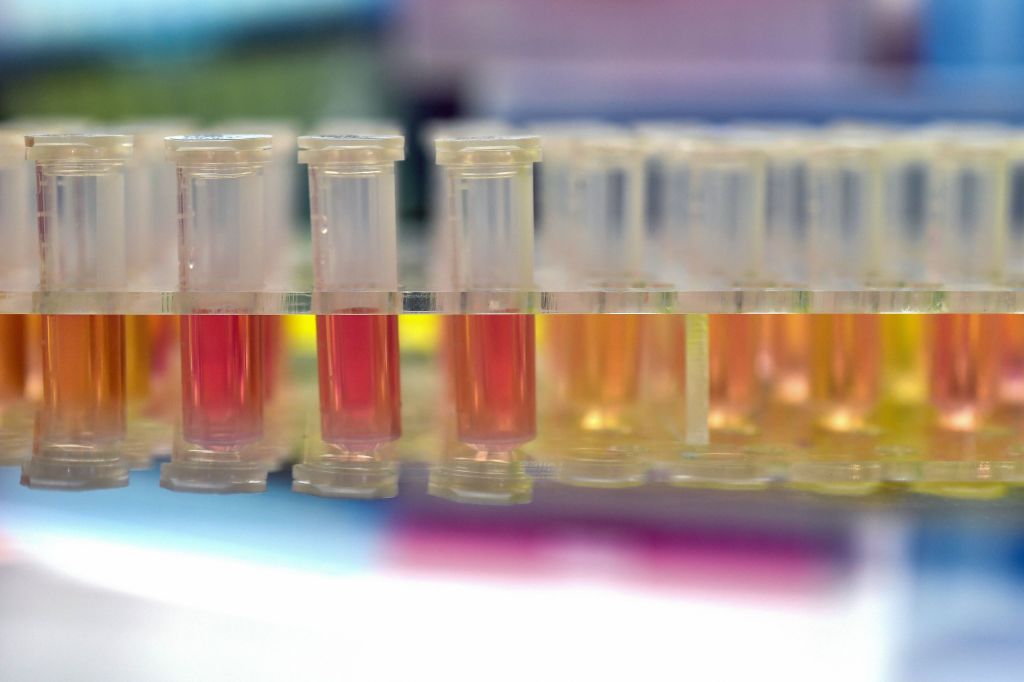 There are good reasons for scientists to be optimistic. “For Covid-19, it’s clear most humans who get infected recover … that alone shows the human immune system can eliminate the virus,” he says. That makes it a much easier target than, say, HIV https://trib.al/bdJDtjC&q..." title="https://abs.twimg.com/emoji/v2/... draggable="false" alt="🧑🔬" title="Scientist" aria-label="Emoji: Scientist">There are good reasons for scientists to be optimistic. “For Covid-19, it’s clear most humans who get infected recover … that alone shows the human immune system can eliminate the virus,” he says. That makes it a much easier target than, say, HIV https://trib.al/bdJDtjC&q..." class="img-responsive" style="max-width:100%;"/>
There are good reasons for scientists to be optimistic. “For Covid-19, it’s clear most humans who get infected recover … that alone shows the human immune system can eliminate the virus,” he says. That makes it a much easier target than, say, HIV https://trib.al/bdJDtjC&q..." title="https://abs.twimg.com/emoji/v2/... draggable="false" alt="🧑🔬" title="Scientist" aria-label="Emoji: Scientist">There are good reasons for scientists to be optimistic. “For Covid-19, it’s clear most humans who get infected recover … that alone shows the human immune system can eliminate the virus,” he says. That makes it a much easier target than, say, HIV https://trib.al/bdJDtjC&q..." class="img-responsive" style="max-width:100%;"/>
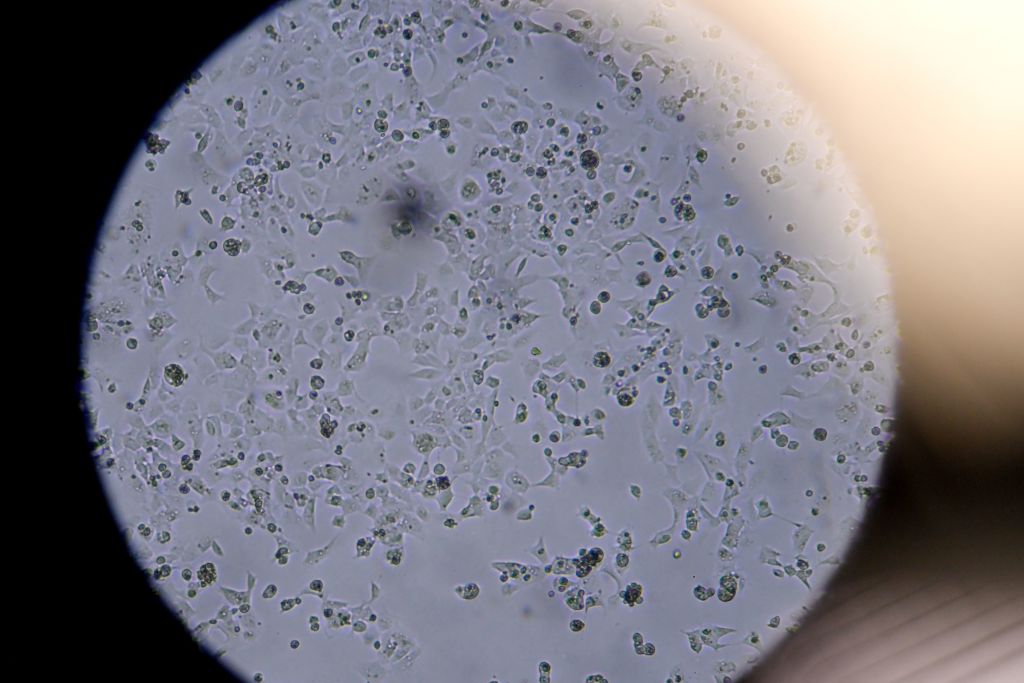
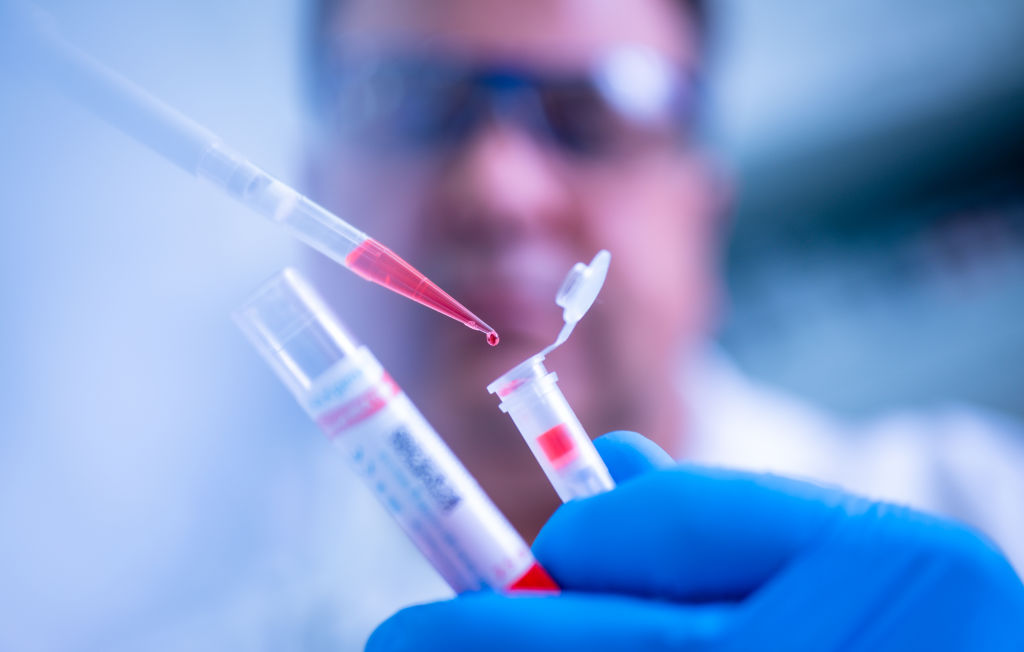
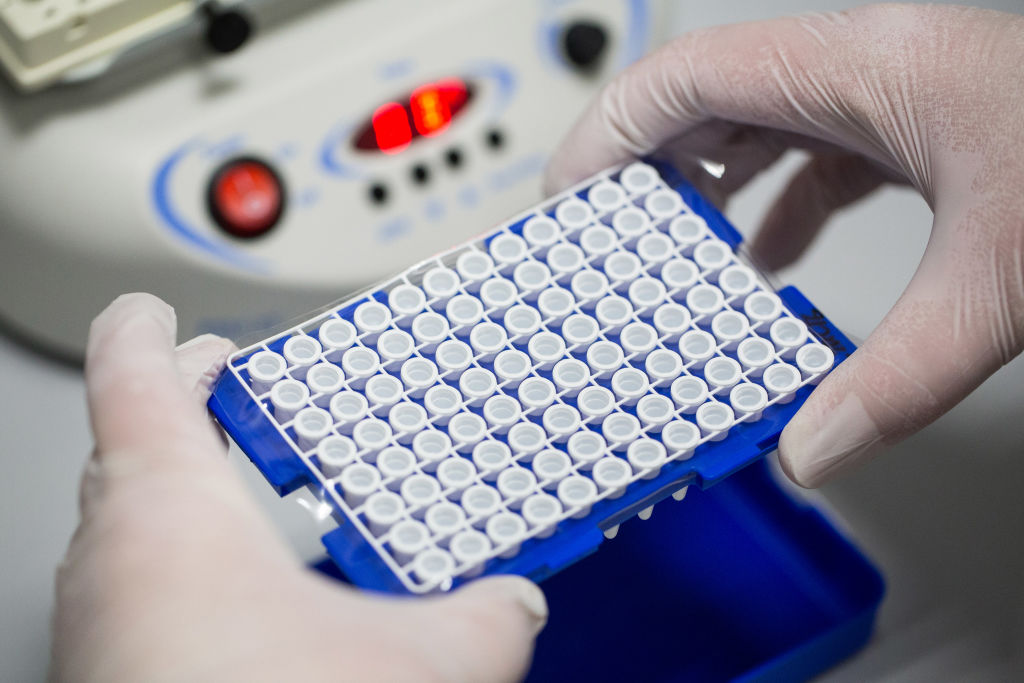
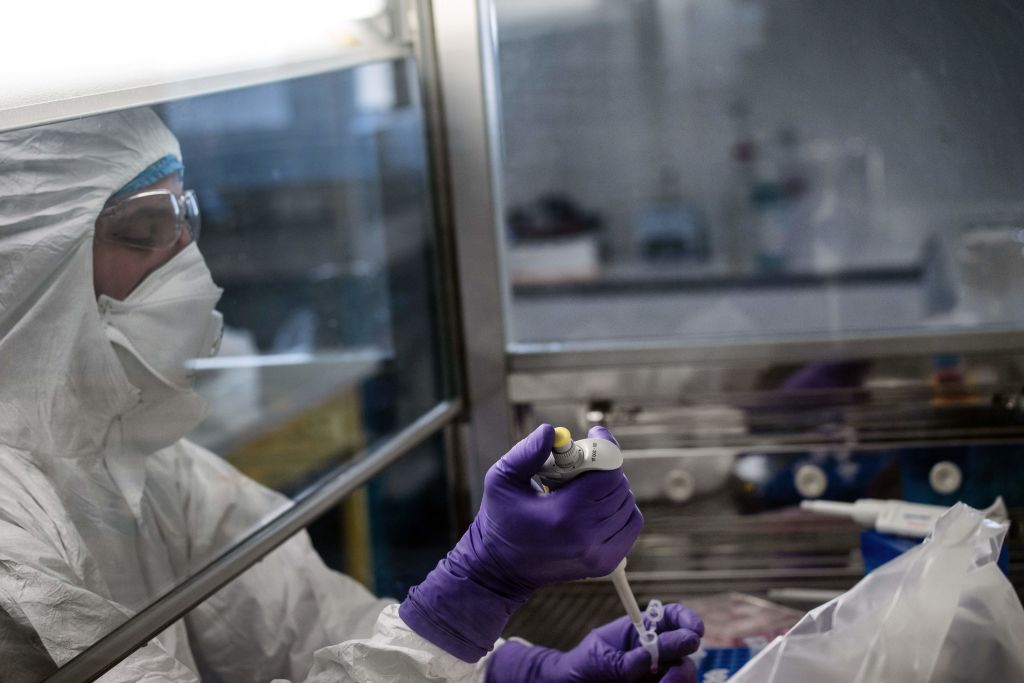 Oxford Universityhttps://abs.twimg.com/emoji/v2/... draggable="false" alt="🧬" title="DNA" aria-label="Emoji: DNA">Johnson & Johnsonhttps://abs.twimg.com/emoji/v2/... draggable="false" alt="🧬" title="DNA" aria-label="Emoji: DNA">CanSino Biologics https://trib.al/bdJDtjC&q..." title="A similar concept is behind DNA vaccines. DNA vaccines are already in early human trials, including candidates developed by: https://abs.twimg.com/emoji/v2/... draggable="false" alt="🧬" title="DNA" aria-label="Emoji: DNA">Oxford Universityhttps://abs.twimg.com/emoji/v2/... draggable="false" alt="🧬" title="DNA" aria-label="Emoji: DNA">Johnson & Johnsonhttps://abs.twimg.com/emoji/v2/... draggable="false" alt="🧬" title="DNA" aria-label="Emoji: DNA">CanSino Biologics https://trib.al/bdJDtjC&q..." class="img-responsive" style="max-width:100%;"/>
Oxford Universityhttps://abs.twimg.com/emoji/v2/... draggable="false" alt="🧬" title="DNA" aria-label="Emoji: DNA">Johnson & Johnsonhttps://abs.twimg.com/emoji/v2/... draggable="false" alt="🧬" title="DNA" aria-label="Emoji: DNA">CanSino Biologics https://trib.al/bdJDtjC&q..." title="A similar concept is behind DNA vaccines. DNA vaccines are already in early human trials, including candidates developed by: https://abs.twimg.com/emoji/v2/... draggable="false" alt="🧬" title="DNA" aria-label="Emoji: DNA">Oxford Universityhttps://abs.twimg.com/emoji/v2/... draggable="false" alt="🧬" title="DNA" aria-label="Emoji: DNA">Johnson & Johnsonhttps://abs.twimg.com/emoji/v2/... draggable="false" alt="🧬" title="DNA" aria-label="Emoji: DNA">CanSino Biologics https://trib.al/bdJDtjC&q..." class="img-responsive" style="max-width:100%;"/>
